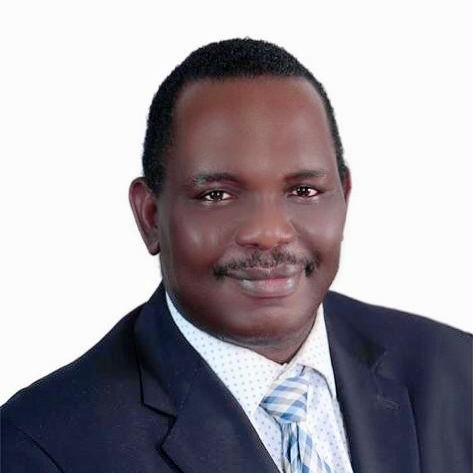By Joseph Omoremi
The Three Musketeers was the name coined by the late Chief Obafemi Awolowo, regarded as “the best president Nigeria never had.” Awolowo was referring to three outstanding journali...
You are not authorized to read this page without a username and password. It is time to register and subscribe to have unlimited access to everything The Chicago Inquirer has to offer. You can do a monthly, quarterly, six months or yearly subscription.
SUBSCRIBE NOW!!!
and enjoys unlimited access to news, analysis, archives, sports, culture, interviews, and many more.
Not a member? Subscribe or login below:



